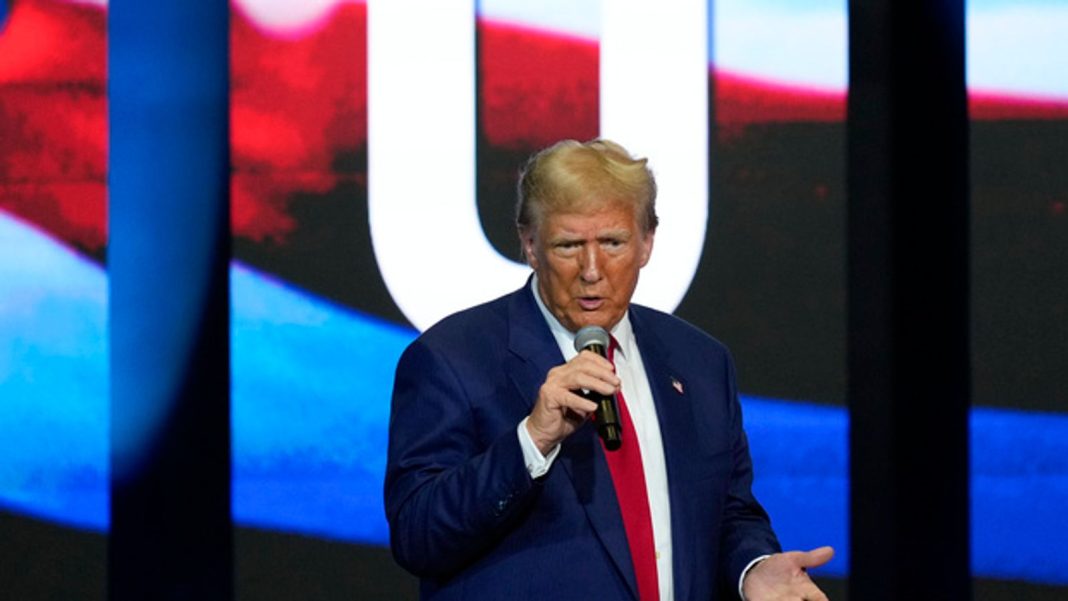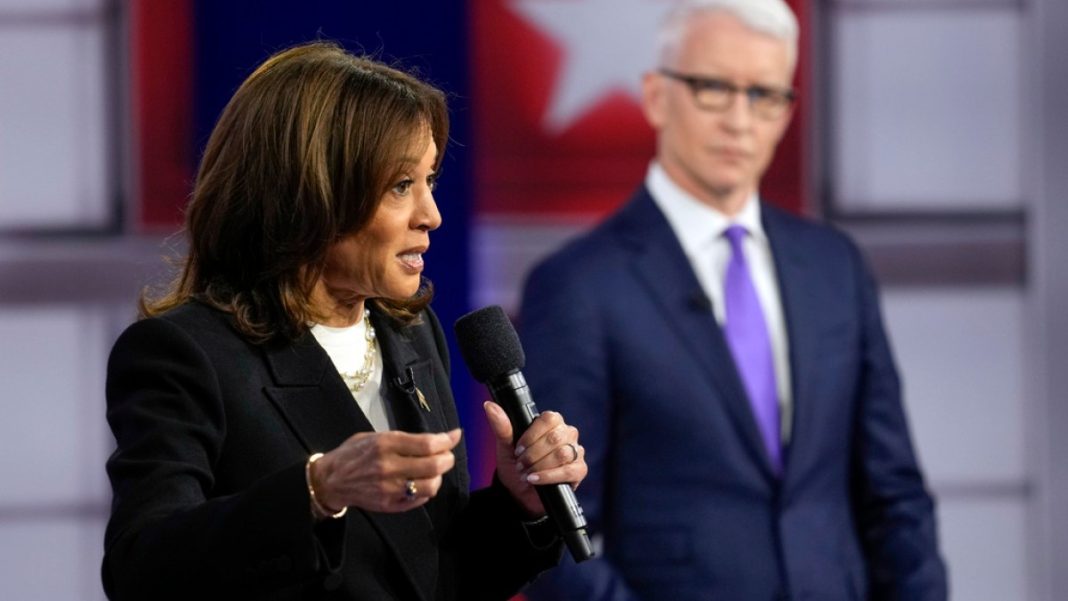Former Model Alleges Donald Trump Groped Her After Introduction by Jeffrey Epstein
In a shocking revelation, former model Stacy Williams has accused Donald Trump of groping her during a visit to Trump Tower in 1993, following an introduction by the late Jeffrey Epstein. Williams, now 56, shared her story with The Guardian, detailing a troubling encounter that she claims left her feeling confused and ashamed.
Williams first met Trump at a Christmas party in 1992, where Epstein, who had been casually dating her, made the introduction. The two had a brief relationship, but it was during a walk with Epstein in the spring of 1993 that things took a disturbing turn. Williams recounts stopping by Trump Tower, where she alleges Trump put his hands "all over my breasts," as well as her waist and buttocks. “I froze when it happened,” she told The Guardian, describing her feelings of confusion and shock.
Adding a personal touch to her account, Williams shared a postcard she received from Trump later that year, which featured an aerial view of Mar-a-Lago, his Palm Beach estate. The postcard, which she provided to the newspaper, was handwritten by Trump and read: “Stacey – Your home away from home. Love Donald.” This detail adds a layer of complexity to her narrative, suggesting a connection that extended beyond the alleged incident.
Williams has previously hinted at her experiences on social media but chose to reveal the full details during a call organized by ‘Survivors for Kamala,’ a group supporting Vice President Kamala Harris’s campaign. She expressed that after the alleged incident, she felt Epstein’s anger directed at her, as if she were to blame for what Trump had done. “It seemed part of a twisted game,” she reflected, adding that she felt a deep sense of shame and disgust as their paths diverged.
In response to Williams’ allegations, Karoline Leavitt, a press secretary for Trump’s campaign, issued a statement to The Guardian, categorically denying the claims. The statement described the accusations as “unequivocally false” and suggested they were politically motivated, coming just weeks before the election. “It’s obvious this fake story was contrived by the Harris campaign,” the statement read.
This isn’t the first time Trump has faced allegations of sexual misconduct; over two dozen women have come forward with similar claims spanning decades. Notably, a jury found him liable for sexually abusing columnist E. Jean Carroll in 1996, further complicating his public image.
While Trump and Epstein were known to have a long-standing acquaintance, no evidence has emerged to suggest that Trump was aware of or involved in Epstein’s criminal activities. Nevertheless, the resurfacing of these allegations adds to the ongoing discourse surrounding Trump’s past and the broader implications of his relationships with figures like Epstein.
As the political landscape heats up, Williams’ story serves as a reminder of the complexities surrounding power, consent, and the narratives that shape our understanding of public figures. Whether or not her allegations will impact the upcoming election remains to be seen, but they certainly contribute to the ongoing conversation about accountability and the experiences of women in the public eye.



